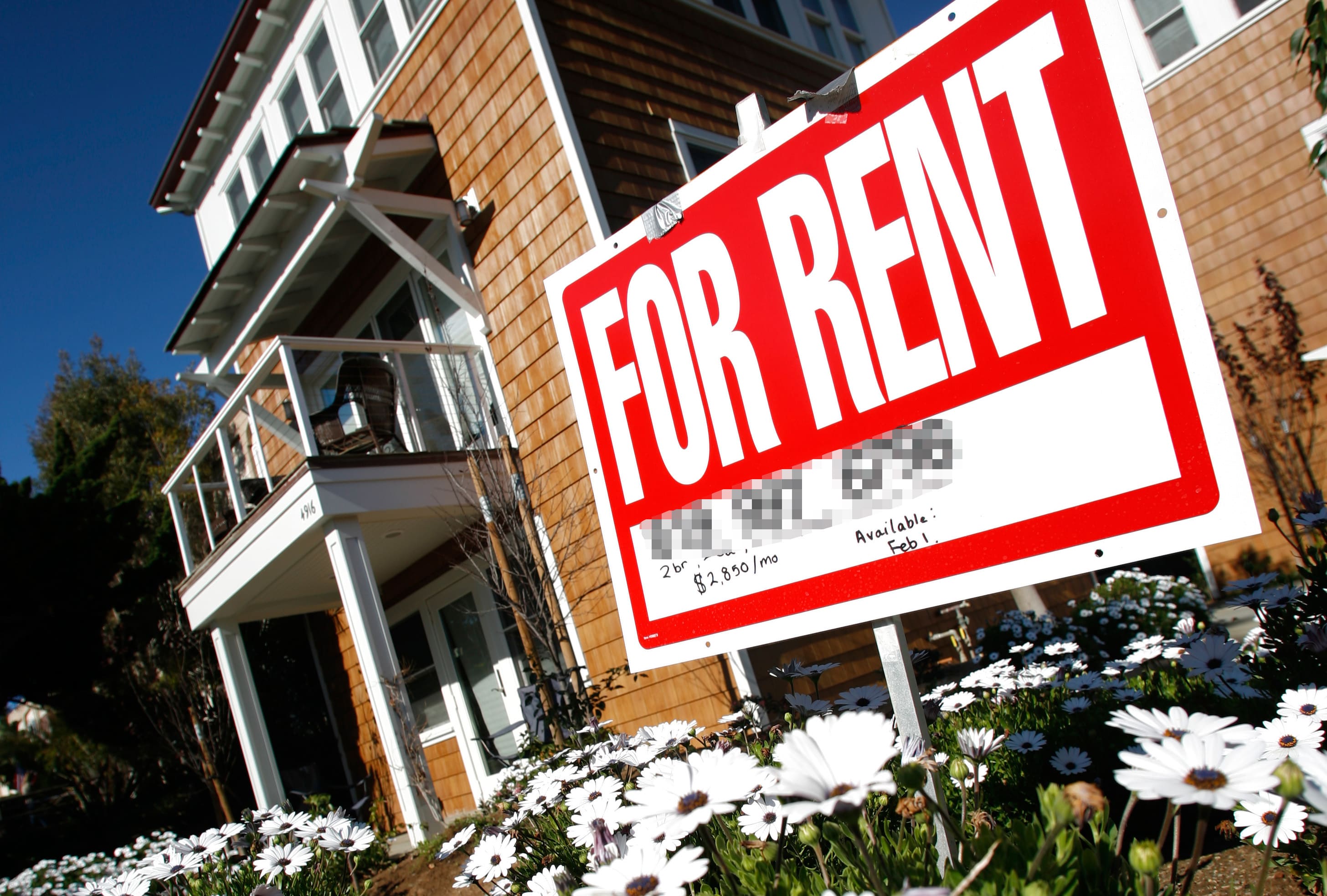The $900 billion economic relief plan in Congress carves out a slice for renters and landlords, but some economists and industry experts claim it is not even close to enough.
The eviction crisis still looms large, as renters owe billions in back rent, and landlords are struggling to make their own payments on the homes and apartment buildings.
According to summaries issued by lawmakers, it will provide $25 billion in rental assistance to states and local governments through the Coronavirus Relief Fund. The funds can be used for payment of rent, rent arrears, utilities and home energy costs, as well those arrears.
“It will be channeled through the states. The states are much better at executing this than having another federal program,” said Treasury Secretary Steven Mnunchin in an interview on CNBC’s “Squawk Box” Monday, as lawmakers readied to unveil the bill. “It will be much-needed relief very targeted to the people who really, really need it.”
The bill also extends the moratorium on evictions, a measure imposed by the Centers for Disease Control and Prevention, until Jan. 31. It had been set to expire at the end of this year.
Through Jan. 1, it is estimated that renters affected by the pandemic owe up to $25 billion in back rent, but that does not cover utilities and late fees. It also does not include rent expected to be missed at the start of January. Approximately 30% of renters said they had no confidence they would be able to pay next month’s rent, according to a newly released survey by the U.S. Census.
That survey also showed that 18% of current renters are behind on their monthly payments. That represents 19 million people in about 8 million households.
The crisis, however, is hitting some harder than others. Roughly 28% of Black renters, 24% of Latino renters and 24% of renters with children are behind.
“It’s not enough,” said Mark Zandi, chief economist at Moody’s Analytics. “I think this is a good bridge to the other side of the Trump administration, but a lot more building needs to be done to avoid an eviction crisis.”
Shenetta Malkia, a property manager in Washington, D.C., says she is living on hope right now, because there is not much else.
“We are bleeding, literally bleeding,” said Malkia, who has already applied for aid from the city to cover back rent through the end of November. In one of the buildings she manages, just three of the 10 tenants are current on their payments.
“It has been horrific. It has been stressful. My owners can’t pay the mortgage. My owners can’t take care of their bills. They’re suffering because we have damage at properties, and no money to fix it,” she said.
Malkia launched her management company just last year, and the timing couldn’t be worse, since she depends on the rent for her own livelihood. She is hopeful that the money in the relief bill will funnel through to her and to the building owners for whom she works. The eviction moratorium, however, is more troubling, she said, adding that she has had unpleasant interactions with renters.
“When I’ve reached out and asked residents, when we put the sign to wear masks up, they spit on me. That’s immediate grounds for lease termination. That’s an assault,” she said.
The question now is how quickly the new relief funds will get to those in need. The eviction moratorium will likely be extended under the new administration, especially as there is now new evidence that evictions have proved fatal, according to research.
The expiration of various state housing eviction protections before the CDC moratorium led to an estimated 433,700 more cases of coronavirus and 10,700 more deaths than had they been left in place, according to research by UCLA researcher Dr. Kathryn Leifheit.
Some say the new relief is a start, but just that.
“Make no mistake, while the emergency rental assistance is critical, it is a narrow bridge that will not end the eviction crisis or provide safe passage through the pandemic for all renters at risk of losing their homes,” said Emily Benfer, co-creator of Eviction Lab COVID-19 Housing Policy Scorecard.
“To ensure that the emergency rental assistance achieves its intended purposes of preventing eviction, it is critical that states quickly develop the infrastructure to allocate funds and set low eligibility criteria. Until housing is stabilized, states must stop the eviction process and uniformly apply the CDC moratorium.”
